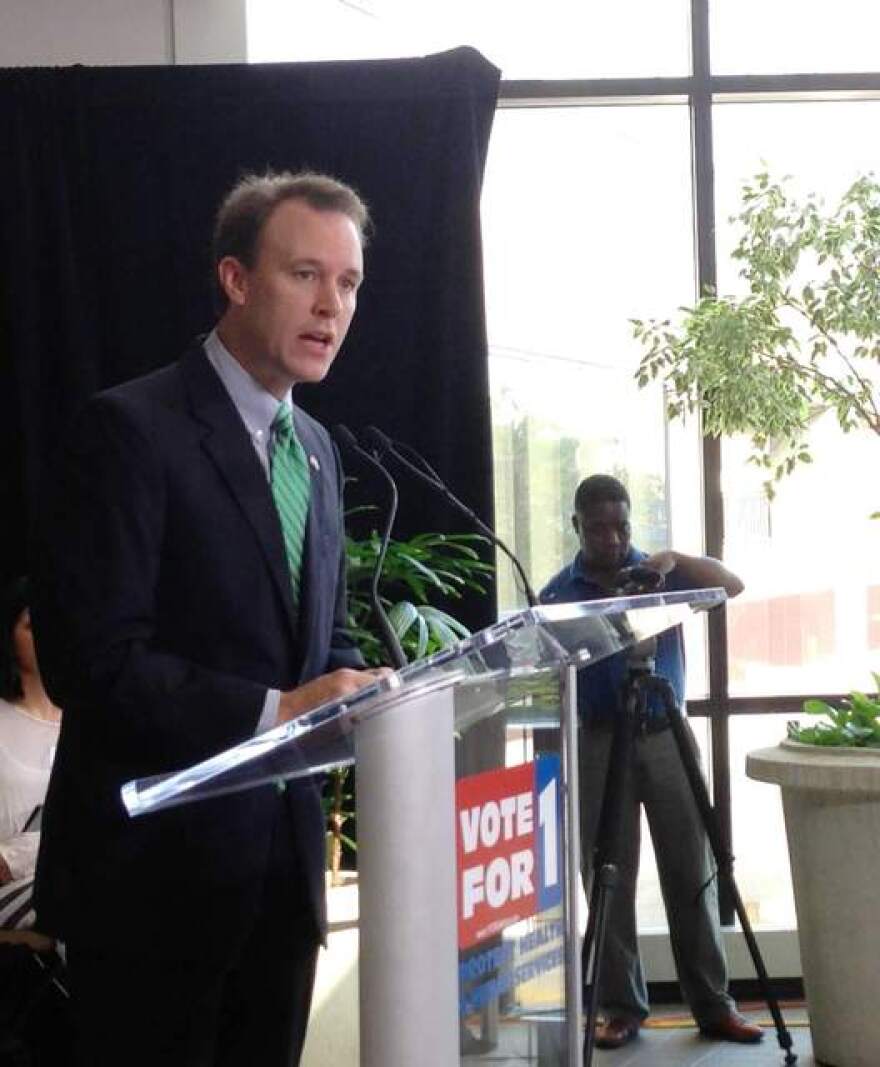Money from the health and human services levy goes to MetroHealth, the county addiction and mental health board, child services and other county programs, according to County Councilman Dan Brady.
Issue 1 would replace one of the two current health levies, and raise it one mill, up to 3.9 mills. That would cost the owner of a $100,000 home about $136.50 a year, according to a county fact sheet on the levy.
The Cuyahoga County council voted unanimously to put the issue on the ballot. The levy currently brings in about $76 million dollars, and it’s set to expire in 2014.
Councilwoman Yvonne Conwell, who represents downtown Cleveland and parts of its east and near west sides, was on hand at MetroHealth to voice her support. She says the county faces declining property values and cuts in state and federal funding. She says the county's lot will only get worse if the levy expires without being replaced and increased.
"Forcing deep cuts to critical emergency services programs that protect all of our children, help to the mentally ill and a variety of services that seniors depend on," she said.
Councilman Chuck Germana said if the levy failed, the council would have to make difficult decisions about how to measure out cuts among health services programs.
To those concerned about the cost of the levy, council president C. Ellen Connally says the expense of not funding services for issues like mental health could be greater.
“If we don’t pay for mental patients at the beginning, we pay a lot more," Connally said in a brief interview after the kickoff. "People end up in the jails and in long-term care facilities. They end up in the emergency room when they don’t need to be in the emergency room.”
It’s one of a few levies on many area ballots this fall. The Port Authority is looking to renew its current levy. And the Metroparks are hoping voters will OK a renewal and a 0.9-mill increase.
Ohio has also ended what’s known as the property tax rollback, meaning for new levies, replacements and increases, the state will no longer cover part of a homeowner's tax bill.




